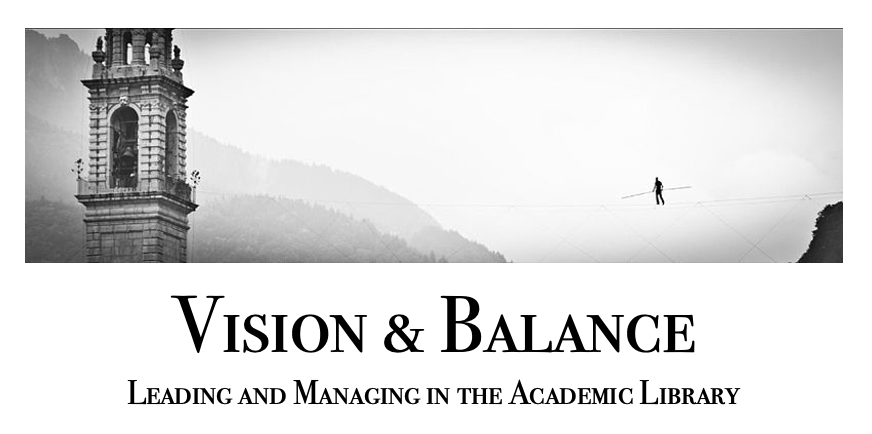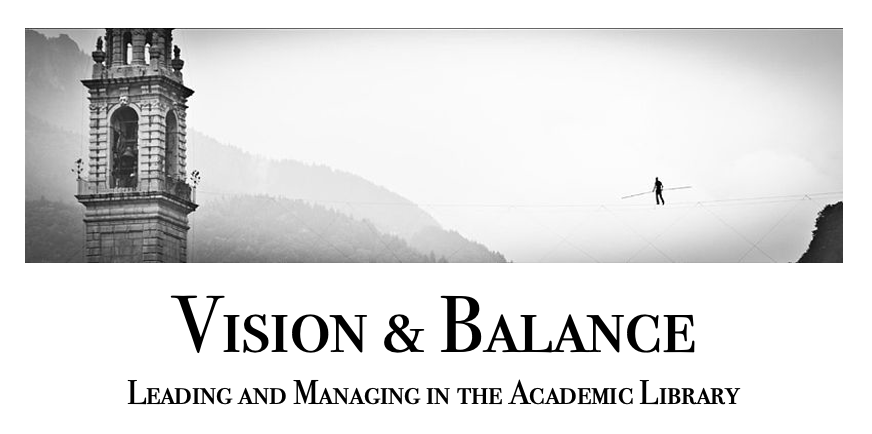Unlikely and Unintended: Thinking about Consequences
As leaders, all of our actions have consequences. Many of them are unintended. How do we plan for that?

As a library leader, you have to do a lot of planning: putting together a strategy for accomplishing a future task like renovating a space, hiring a librarian, adapting to an expected change in budget, etc. You also have to entertain a lot of proposals that reflect planning by others: you'll have staff who want to institute a new program or policy, extramural organizations who would like to move into the library, people who want to reorganize a library department, etc.
It's trivially obvious that every new initiative, every program change, every reordering of space, every new collection acquisition – in short, every decision you make as a leader – has consequences. Less obvious are what all the consequences will be – and yet anticipating and preparing for those consequences is an important job of leadership.
One thing that complicates the task of anticipating and providing for consequences is the fact that some consequences are more likely than others; another is that some consequences are intended, and others are unintended. Unlikely consequences are difficult to plan for because there are so many and most of them will never emerge; unintended consequences can be difficult to plan for because the people advocating for an initiative or a change don't want to talk about them. Let's look at each of those problems briefly in turn.
